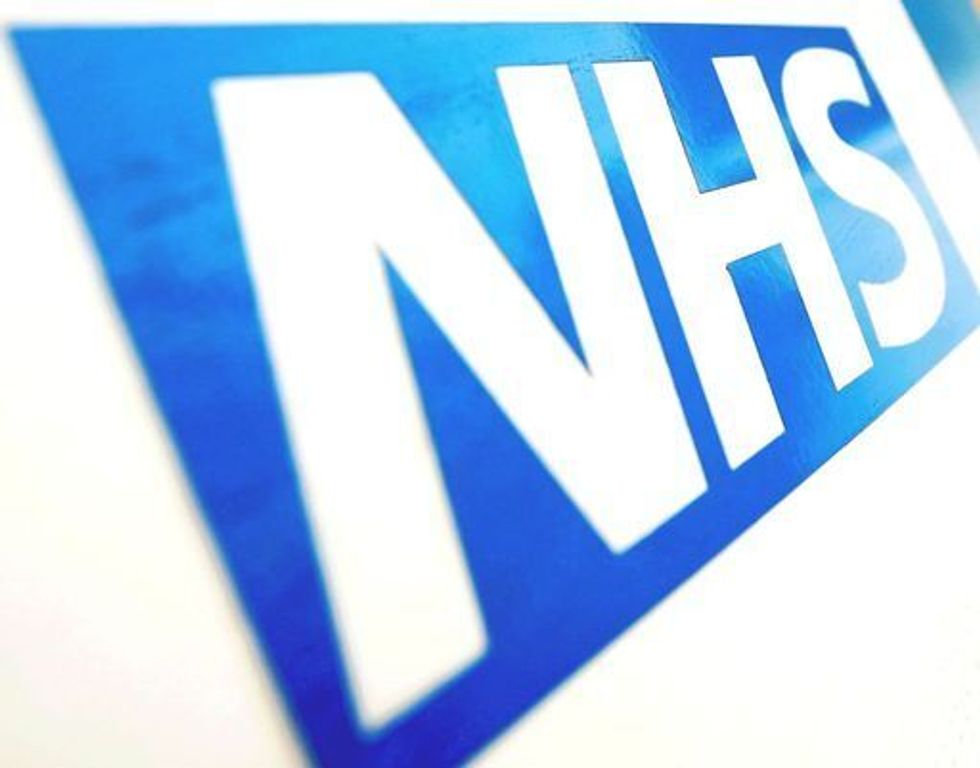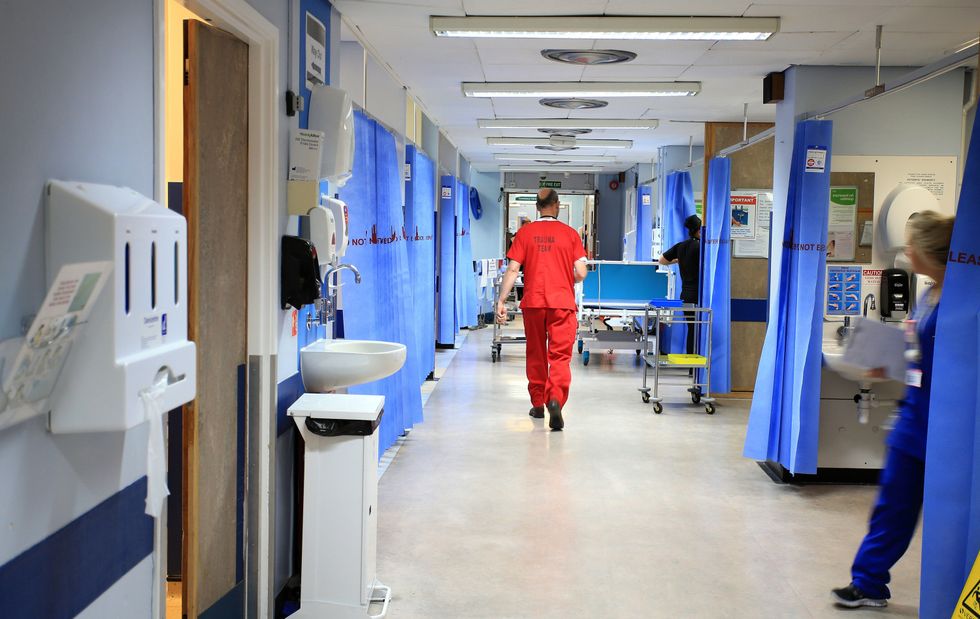Don't Miss
Most Read
Trending on GB News
Trans people are being prioritised for breast surgery over women with medical needs, an NHS England report has suggested.
Gender reassignment operations have surged in recent years while admissions for congenital breast problems have more than halved.
An NHS report last year highlighted the "striking" difference between accepted funding applications for gender dysmorphia compared to congenital breast asymmetry.
Patients have to apply to find out if they are able to claim funding for the procedure as it is not routinely offered by the NHS.
They are allowed up to £8,000 towards the procedure if their application is successful.
Congenital breast surgery has fallen from 1,342 to 506 according to the NHS England report.
Peter Byrne
A breast surgery report, published by NHS England last year, says the number of patients admitted for gender reassignment has risen from 53 per year to 355 over the last decade.
Congenital breast surgery on the other hand fell from 1,342 annually to 506.
The report, seen by The Telegraph, states: "It is becoming harder for individuals to access aesthetic breast surgery despite having a recognised medical condition.
"It is striking to note how NHS Specialised Commissioning has facilitated greater access to gender reassignment surgery for gender dysphoria — even though some of the surgical procedures involved are the same as those used to treat e.g. congenital breast developmental issues.
"We see it as both inconsistent and illogical that a procedure can be deemed of limited clinical value for one group of patients or medical condition, but acceptable for another, where there is no substantial difference in the surgical outcomes."
32-year-old Natasha Goddard was given breast implants at the age of 13 to treat her congenital breast asymmetry, a condition where there is a big difference of size and shape of each breast.
A 32-year-old mother says she was denied the procedure by the NHS.
Dominic Lipinski
Ms Gothard had her implants replaced when she was in her twenties as they caused capsular contracture - an unusually hard scar tissue that arises around the implant.
Her surgeon applied to the NHS, looking to have the problem implant replaced, only for the local funding body to offer removing it.
Following the ordeal, Ms Gothard told The Telegraph: "I am left with the options of chronic pain or permanent disfigurement. I don't expect those to be the choices from the health service.
"When surgery was first proposed to me by my NHS doctor I was 13 and it was never suggested that it was a cosmetic procedure.
Gender reassignment operations have surged in recent years.
Peter Byrne
'This is not something that I can control. It was the NHS's idea to have this surgery and they have abandoned me without any follow-up care."
She is now planning to spend thousands on the surgery privately, and told the newspaper: "It adds insult to injury, people who wish to undergo gender reassignment are not in physical pain. The NHS should be funding breast care and not a breast wishlist.
"Women's breast care services should be afforded first and foremost to women. No service should be cut mid treatment".
The Kent and Medway Clinical Commissioning Group (CCG) rejected Ms Gothard's application on the grounds that only those undergoing gender reassignment and cancer survivors would be able to get breast implants on the NHS.
The organisation later told The Telegraph that whether trans people can get the surgery is a decision for the health service's central specialist service.
An NHS spokesman said: "It is incorrect to suggest that the small number of patients undergoing gender reassignment surgery are in any way being prioritised over the tens of thousands of women undergoing breast surgery, including for cancer and other conditions, each year."














